As IranWire has reported, hundreds of Iranians have sustained severe eye injuries after being hit by pellets, tear gas cannisters, paintball bullets or other projectiles used by security forces amid a bloody crackdown on mainly peaceful demonstrations. Doctors say that, as of now, at least 580 protesters have lost one or both eyes in Tehran and in Kurdistan alone. But the actual numbers across the country are much higher.
The report concluded that such actions by the security forces could constitute a “crime against humanity,” as defined by Article 7 of the Rome Statute.
In this series of reports, IranWire presents the victims’ stories told in their own words. Some have posted their stories, along with their names and pictures, on social media. Others, whose real names shall not be disclosed to protect their safety, have told their stories to IranWire. IranWire can make their identities and medical situations available to international legal authorities.
***
In my search for victims who lost their eyes, I traveled to the German city of Mainz, where I was introduced to Erfan Ramizipour, who was a 19-year-old student when the nationwide protests erupted last year.
On November 16, he was participating in a protest when he was targeted with a laser. Three shots echoed through the air, and Erfan collapsed to the ground.
Erfan was only a few months older than my own son, and there he was with an eyepatch, about to recount the moment he lost one of his eyes.
We went to the library of the Maltzer non-profit foundation in Mainz to meet with Erfan.
The day before, I interviewed Milad Safari, and we recorded several other interviews too.
I had made several attempts to reach out to Erfan while he was in Iran, but he was preparing to leave the country.
Now, I was eager to convey to him that I never stopped listening to his story, and I was ready to hear it in full.
Upon his arrival at the Maltzer non-profit foundation, I introduced myself, and we shared a moment of laughter. However, it wasn't until he disclosed the year of his birth that I truly saw him for who he was.
It felt as if my own son was standing in front of me and I was transported back to Iran, where countless eyes have been blinded by the actions of the Islamic Republic.
As our video team was preparing to film the interview, we delved into the subject of people who suffered eye injuries.
We recounted stories of friendships forged under dire circumstances. We named those who had been threatened, imprisoned or forcibly expelled.
As we strolled around the courtyard of the foundation, I found myself wondering, "If your son came to you with a bloodied face and in excruciating pain, how would you feel?"
Laser, Gunfire and the Shroud of Darkness
We sat hunched over the laptop, whose screen was displaying a compilation of videos. It encompassed everything, from footage chronicling the inception of the protests to motorcycle-mounted agents patrolling the streets, identifying targets, and discharging ominous green lasers at windows or protesters.
In one video, a green laser ominously settled upon a building's window. At that moment, our thoughts converged on Benita, a six-year-old girl who was playing on an apartment balcony when her eyes were struck by pellets.
We couldn't help but ponder what had befallen Benita's mother over the past year.
Another video, captured on November 16, featured Erfan himself, standing alongside a car engulfed in flames.
He pointed to his image on the screen and said, "This is me." The laser beam briefly danced through the smoke before it homed in on Erfan.
Three consecutive gunshots rang out, plunging everything into darkness. The video abruptly ended.
The succeeding images chronicled a journey of suffering and anguish.
Erfan's agonized moans echoed through the audio as a testament to the excruciating pain emanating from his eyes.
Someone could be seen extracting a pellet from his hand. Erfan’s head, neck and upper chest had been struck. Another pellet that pierced his forearm was set to be removed the day after our meeting.
In the Wake of Mahsa's Tragic Death
Mahsa Amini was a 22-year-old woman much like any other, someone who could have been me, my sister or your sister at the same age.
This might explain why so many young people took to the streets despite the risk of being killed, blinded or incarcerated.
One of those young men who could have easily been my own son was seated in front of me.
Erfan recounted the moment when he heard about the devastating news of Mahsa's death. He was in the Persian Gulf city of Bandar Abbas.
"After receiving the news of Mahsa Amini's death, we banded together with our neighbors and fellow students. We divided responsibilities among ourselves as we planned activities such as distributing leaflets and crafting slogans during the day and organized street protests," he said.
In the wake of Amini's death, student organizations kept protesting for months. Local committees were established and scattered gatherings continued in various neighborhoods.
However, the Islamic Republic was determined to suppress dissent, resorting to killing, arresting and blinding protesters in the streets and intensifying repression within the confines of prisons through torture and hefty punishments, including executions.
When Erfan found himself shot, he told himself, "Erfan, you're done."
There were two possibilities: either succumb to death or fall into the clutches of the security agents.
His strength resided in his friends. He sensed that he was not alone, that none of them were alone; they stood together, supporting one another.
Treated at Home
Picture this: Your child has been struck by a shotgun blast, riddled with pellets in the face, eyes, neck and shoulders. You witness his excruciating pain, knowing that immediate treatment at home is your only recourse.
Erfan's eyes were bleeding, and concerned bystanders urgently summoned a nurse.
This nurse discreetly entered through the back door of the house and found Erfan with 10-12 pellets lodged in his head.
Lacking the necessary medical equipment and without using anesthesia, she extracted the pellets from his head.
The following day, Erfan was finally admitted to the hospital. In the most nightmarish moment of his life, he saw “20-30 beds, each occupied by individuals with injuries to one or both of their eyes."
To prevent further complications and potential loss of his eye, Erfan was transferred to Shiraz, though hopes of regaining his vision remained bleak.
His optic nerve was not irreparably damaged, leaving him with a faint perception of light.
"When someone loses the most vital part of their body, a pervasive sense of disappointment and sorrow engulfs their being. But I have stated unequivocally that I shouldn’t lament my fate. My eyes were meant to be this way," Erfan said, adding, "I took to the streets for a cause I’m deeply proud of."
“After the Operations I Stepped Into the Street'
As the surgeries came to an end, Erfan ventured out onto the street and interacted with the people around him.
How could these strangers possibly know that this young man was one of these protesters who had passionately chanted slogans and organized rallies?
Those protesters were the ones who, for Iranians residing far from their homeland, have been a source of inspiration.
Erfan returned to Bandar Abbas with his blindfold and visited a friend who had also been shot.
However, as he appeared on the street, individuals in plainclothes approached him, forced him to the ground and tried to restrain him by binding his hands behind his back.
The intervention of courageous people present at the scene allowed Erfan to flee and take refuge under a hedge. His eyes were in agony. He eventually made his way back to Shiraz, fully aware that he risked being identified, which ultimately convinced him to leave the country.
Irfan solemnly swore to remain committed to the memory of those who lost their lives or their eyes in the protests and to the tortured detainees.
"As long as the Islamic Republic exists, not only my life but the lives of all Iranians are in danger," he said.
We concluded our encounter and the lights were turned off. We walked together for part of the way, discussing various topics but deliberately avoiding any mention of his eyes.
Eventually, we shook hands and Erfan disappeared from my view. Yet, I couldn't forget his mother, a woman I had neither seen nor spoken to but whose story remained etched in my mind.
visit the accountability section
In this section of Iran Wire, you can contact the officials and launch your campaign for various problems











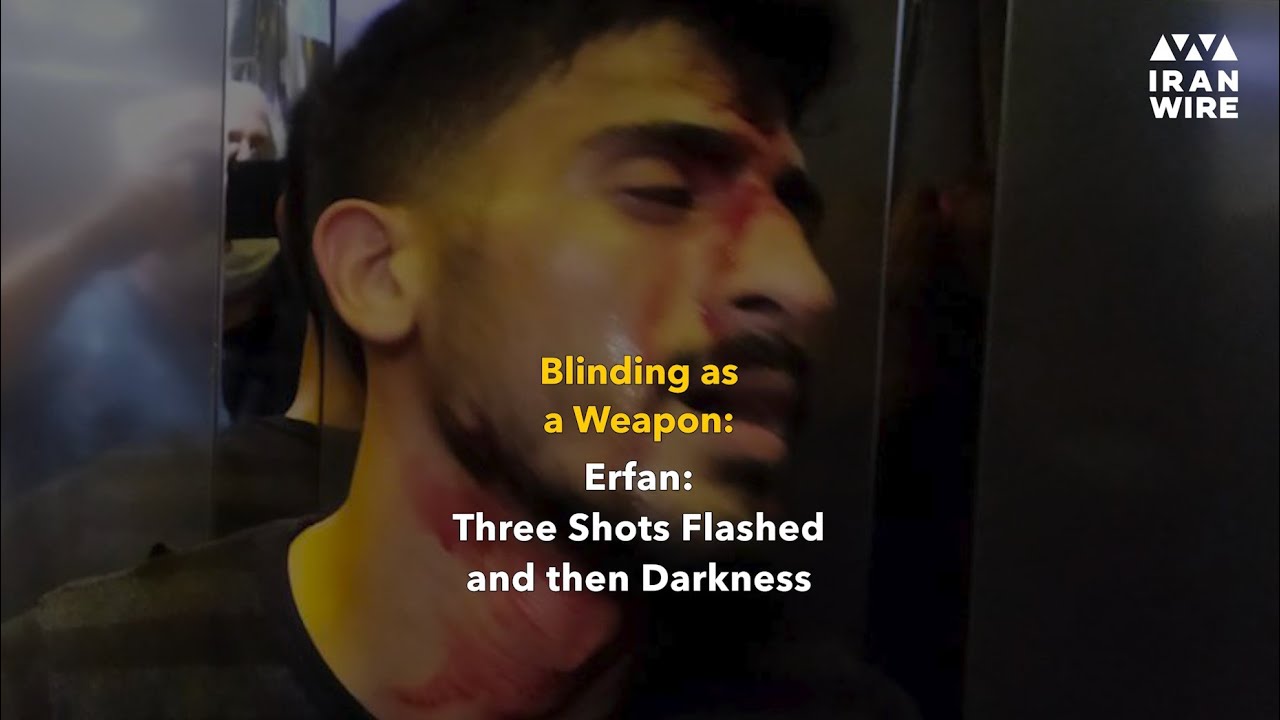





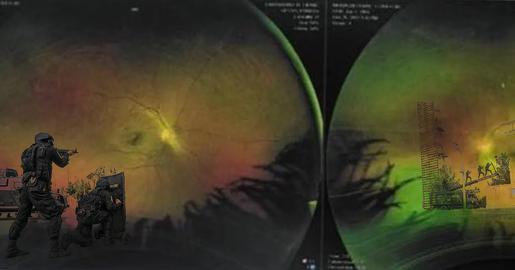
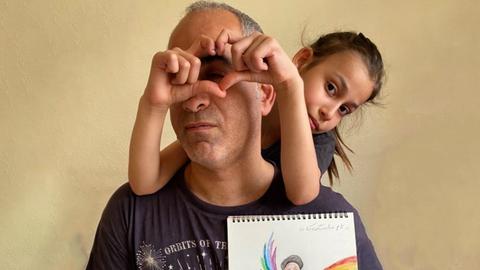
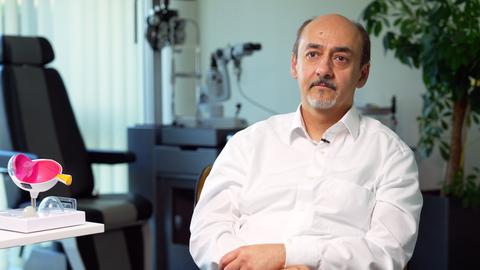


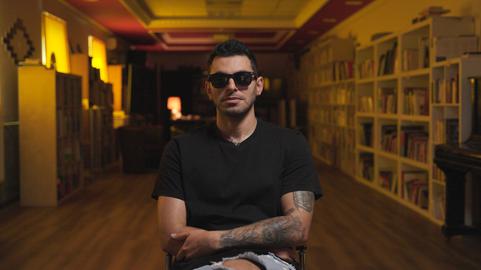



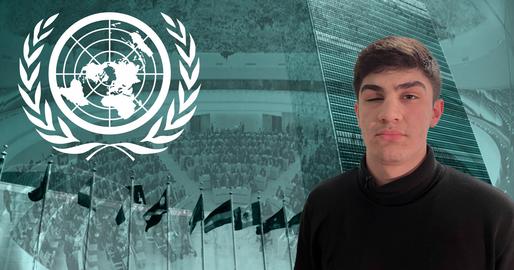



comments